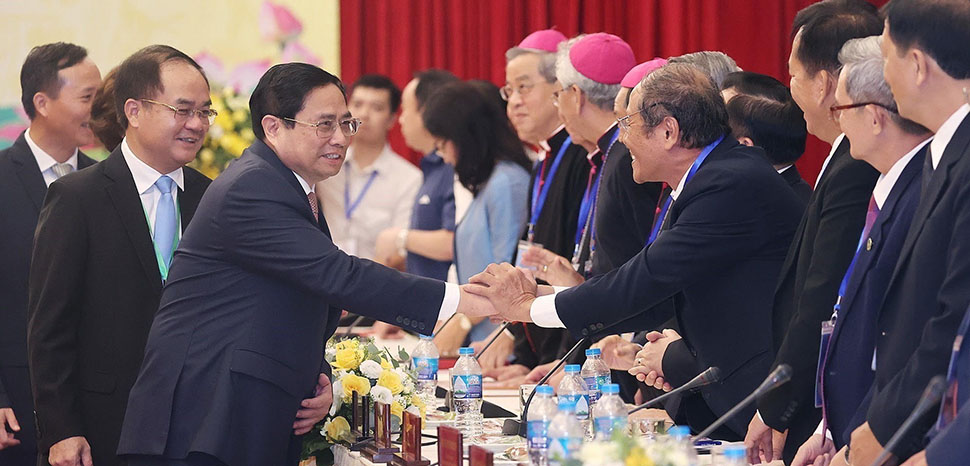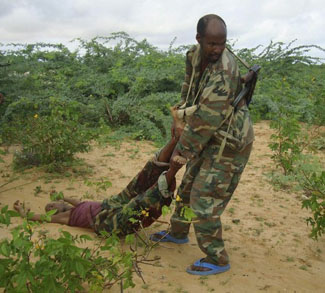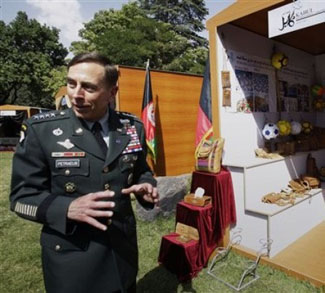There’s no shortage of sideline meetings on transformative solutions to the global issues of pandemics, climate change, and conflict at the UN Secretariat building overlooking New York’s East River. For senior Vietnamese diplomats, their nation’s candidacy for membership of the United Nations Human Rights Council for the 2023-2025 term constitute one of their higher priorities at the 77th U.N. General Assembly.
The United Nations Human Rights Council, responsible for promoting and defending human rights globally, has 47 members who are elected for three-year terms, and are based on equitable geographical distribution.
While critics have submitted censorious reports of Vietnam’s human rights record with the imprisonment of bloggers and select environmentalists, the Human Development Index (HDI) in the nation has increased by 45% between 1990-2019, placing Vietnam on the list of countries with the highest HDI growth rates.
This is also the second time that Vietnam has been nominated to join the UN Human Rights Council. They were elected to the Council for the 2014-2016 term. Additionally, as a responsible member, the nation has sent delegates to attend the Annual Summit of the Human Rights Council.
For Hanoi, their representation has enabled them to demonstrate that the Communist Party’s leadership has enshrined citizens’ rights through legislation to participate in the management of the state and to exercise their freedoms of religion, belief, and movement.
Despite Vietnam’s one-party state, the once embattled war-weary nation’s political leadership understands that their future has always been tied to reforms, a balanced policy, and expansion of a free market economy. All while leaving the country’s underlying political economy largely intact.
Although Vietnam does not embrace a Western model democracy, it offers a National Assembly, a 498-member unicameral body elected to a five-year term, that meets twice a year to appoint a president, a prime minister and a chief justice of the Supreme People’s Court of Vietnam. Additionally, debates at the Vietnamese National Assembly are broadcast live.
Vietnam’s 2013 Constitution dedicates over 36 Articles to expressly stipulating human rights and citizens’ fundamental rights and obligations. Since then, the country has amended and supplemented more than 100 laws relating to human rights and citizens’ rights.
Furthermore, the country attaches great importance to the adherence of international treaties in protecting and promoting human rights and is presently State Party to 25 conventions of the International Labor Organization (ILO). This has set the foundation for future ratification of an ILO Convention on Freedom of Association and Protection of the Right to Organize.
“Vietnam as a developing country has considerable experience in meeting the UN Sustainable Development Goals and can provide practical policy advice on issues affecting comprehensive human rights globally and regionally,” claims Carl Thayer, Emeritus Professor at the University of New South Wales and director of Thayer Consultancy.
The CPV has also established measures to promote “grassroots democracy” at local levels following province-wide mass organizations staged by farmers in Thai Binh province nearly two decades ago against unlawful land seizures. The government’s ordinance on “grassroots democracy” was formally adopted in 2008 and is now mandatory in the nation.
According to the Government Committee for Religious Affairs, religious activities in Vietnam are becoming far more open. In 2006 Vietnam had only 6 religions and 16 religious organizations recognized and registered, but by 2020 there were 38 organizations associated with 16 different religions with over 25 million followers. From 2001 to 2017, the number of followers of recognized religious organizations increased by 6% of the total population.
Coupled with this expression of religious freedom is the emergence of a nascent civil or civic society that has different meanings from various mass associations in Vietnam. Non-government organizations (NGOs), formally autonomous of the Party, continue to participate in policy advocacy and engagement with environmental issues.
Civil Society bolsters government’s responses to environmental crisis and Covid-19
As a result of Vietnam’s framework for climate-change mitigation, new actors, largely from civil society, have emerged to push the agenda for climate change and environmentalism forward.
The foundation of civil society began at the village level. It was the successful expansion of the nation’s economic renovation, or doi moi reforms that led to the participation of local citizens to discuss policy and projects. Groups like the Vietnamese Women’s Association, Ho Chi Minh Youth Union and the Vietnamese Farmers Association, must be given credit for their active environmental participation as they rallied support towards climate change, nature loss and pollution.
With climate-change threats in the Mekong Delta, the nation’s rice bowl, it’s no wonder that at the UN, Prime Minister Pham Minh Chin called for a global approach and international solidarity in response to climate change in an informal Leaders’ Roundtable in New York.
Vietnam’s government has undertaken a number of steps in formulating a National Strategy for Green Growth 5 (NSGG) as early as 2012. The government has also called on young citizens to become engaged in “Youth4Climate” to put forward collective actions and ideas for climate adaptation.
At the same time, new technologies and social-media platforms are enabling a wave of civic-minded environmentalism and with it ushers in an emergence of young voices to signal urgent climate change problems and an online civic society. According to the Ministry of Information and Communications, Vietnam has more than 93.5 million smartphone subscribers reaching nearly 73% of the nation.
This online freedom was best exemplified during Covid-19 when the government encouraged the use of social media, including Facebook, to promote public health messaging and to dispel misinformation to better curb the spread of the deadly virus.
The expansion of organized civil or citizen society in the past two decades has been remarkable. There are over 70,000 active associations in Vietnam representing the youth, women, workers, farmers, the elderly, charities, and other non-governmental organizations.
Integration with the West underscores UN Leadership Role
Since Vietnam became an official member of the UN in September 1977, the country has effectively contributed to UN activities in peace-building, development and human rights. With near unanimous approval, Vietnam secured a seat on the UN Security Council as a non-permanent member in the 2020-2021 tenure at the 73rd session of the United Nations General Assembly following their successful 2008-2009 term.
Along with its participation in the UN Human Rights Council and the UN Economic and Social Council (ECOSOC), Vietnam has actively promoted UN Conventions against Torture and other Cruel and Inhumane Treatment or Punishment, the Elimination of all Forms of Discrimination Against Women, and the International Covenant on Civil and Political Rights.
During Vietnam’s UN tenure, the nation has successfully focused on the promotion of multilateralism, international law, cooperation between the Council and regional organizations, post-conflict reconstruction, peace building and universal principles that have been recognized internationally.
A central part of the Vietnam’s openness and engagement with the world has been the nation’s willingness to acquire a more prominent voice and position in the United Nations. With the world’s situation increasingly more complicated, Hanoi continues to demonstrate a peaceful approach in the complex sovereignty issues in the South China Sea.
Vietnam’s bid for election to the UNHRC not only deepens its integration into the international system, but also offers a chance to promote human rights in the country.
James Borton is a senior fellow at the Johns Hopkins School of Advanced International Studies Foreign Policy Institute and the author of Dispatches from the South China Sea: Navigating to Common Ground.
The views expressed in this article belong to the authors alone and do not necessarily reflect those of Geopoliticalmonitor.com




